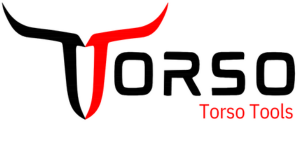Edit Content
Contact Us
-
Registered Office :
A1/703, Vihang Hills, G. B. Road, Bhayandarpada, Thane, Thane, Maharashtra, 400615.
-
Factory Address :
Rtc-57, Sector 8, MIDC Industrial Area, Rabale, Navi Mumbai, Maharashtra 400701
- expo@torsotools.com
- +91 86559 97803
- Working Hours -
Monday : 9:30 am to 6:30 pm
Tuesday : 9:30 am to 6:30 pm
Wednesday : 9:30 am to 6:30 pm
Thursday : 9:30 am to 6:30 pm
Friday : 9:30 am to 6:30 pm
Saturday : Closed
Sunday : Closed

